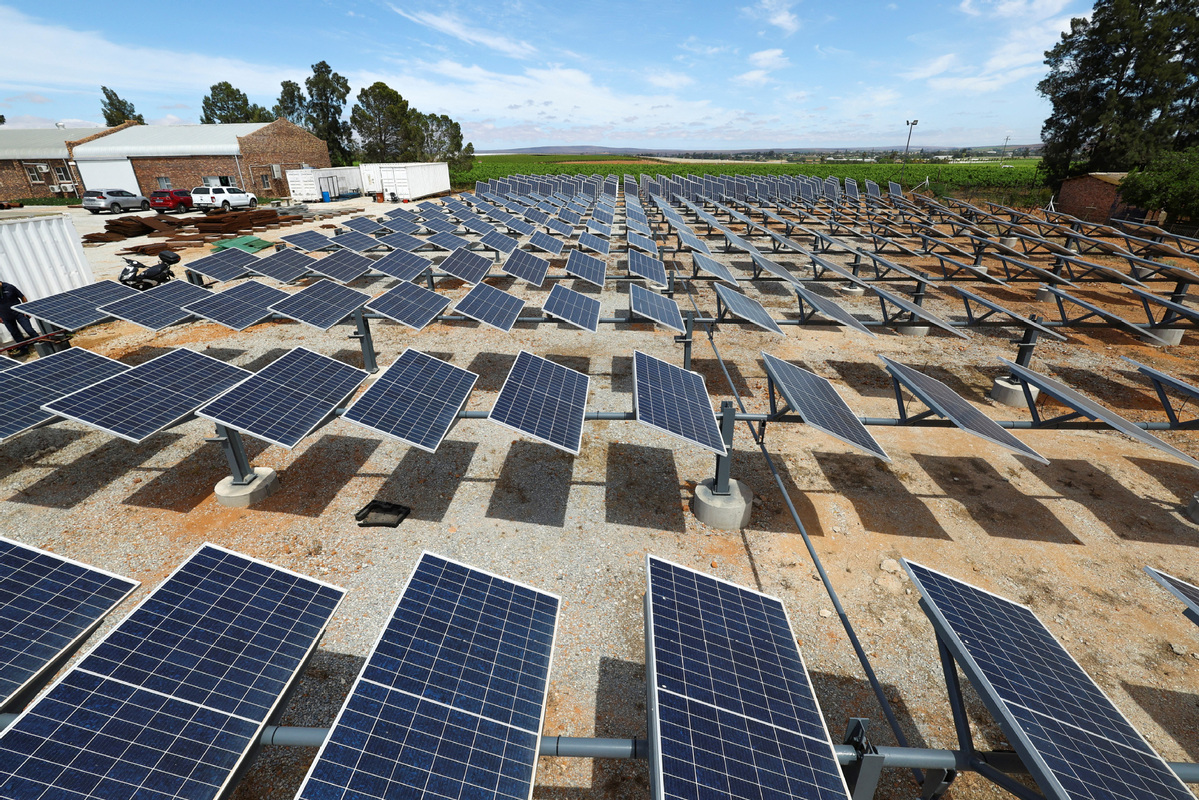Africa’s Solar Surge: How Record Imports and Falling Prices Are Powering Adoption
Across Africa, solar energy is entering a defining moment. A perfect storm of record solar panel imports, global oversupply, and plummeting input costs has created the most affordable environment for renewable energy adoption in decades. In markets like Nigeria, where grid reliability remains a challenge, households, businesses, and entire communities are seizing this opportunity to invest in solar solutions at historically low prices. What was once seen as a premium option for the few is rapidly transforming into an accessible and scalable solution for many thereby driving energy access, reducing dependence on diesel, and unlocking new opportunities for growth and innovation across the continent.
Global Drivers of Falling Solar Prices
The recent decline in solar panel costs is not a regional anomaly but the result of global market dynamics. Oversupply in manufacturing hubs such as China has created a glut of panels on the international market. Simultaneously, the cost of polysilicon which is the key raw material used in solar cells has dropped significantly after years of volatility.
Technological advancements have also played a pivotal role. Modern manufacturing processes are achieving greater efficiency, with panels now capable of producing more electricity at lower costs. These global shifts have trickled down to Africa, making solar power more financially accessible than ever before.
Africa’s Rising Demand for Solar
Africa is uniquely positioned to benefit from these market conditions. The continent faces a dual challenge: high energy demand and insufficient grid reliability. In countries like Nigeria, South Africa, and Kenya, frequent blackouts have forced individuals and businesses to rely heavily on diesel generators, a costly and environmentally damaging solution.
The availability of cheaper solar panels is changing this narrative. Imports into African markets have surged over the past year, reflecting growing demand from households, SMEs, and even industrial users looking for stable and cost effective alternatives. For unserved rural communities who are far from the national grid infrastructure, solar systems offer the most viable pathway to energy access, enabling everything from household electrification to productive use in agriculture and small industries.
Opportunities for Businesses and Households
The affordability of solar has created a window of opportunity for diverse stakeholders:
- Households can now access solar home systems at a fraction of previous costs, reducing dependence on unreliable grid supply or expensive fuel.
- Businesses, particularly SMEs, stand to benefit from lower operational costs by reducing generator use and adopting solar solutions.
- Investors are finding attractive opportunities in minigrids, rooftop solar, and solar-as-a-service models, where falling panel costs translate directly into better margins and competitive pricing.
- Local entrepreneurs are seeing growth in solar distribution, installation, and maintenance services, expanding the job creation potential of the renewable sector.
Policy and Regulatory Implications
While global factors are currently driving down costs, policy clarity will be crucial in determining how Africa leverages this moment. Some governments are considering restrictions on solar panel imports to protect emerging local manufacturing, but such measures must be carefully balanced to avoid stifling adoption.
Clear regulations on tariffs, licensing, and incentives for renewable energy investments will play a decisive role in ensuring affordability translates into long term adoption. International partnerships, like concessional financing from development agencies, can also help scale solar access in underserved communities.
Conclusion: A Defining Moment for Africa’s Energy Future
Africa’s solar surge is more than a temporary trend it is a transformative shift in how the continent will power its growth. With record imports, falling prices, and growing adoption, solar energy is emerging as both an economic opportunity and a pathway to universal energy access.
For households, this means affordable and reliable power. For businesses, it means lower operating costs and improved competitiveness. For governments and investors, it represents a chance to accelerate energy transition and drive inclusive development.
The window of opportunity is open, but it will not remain so indefinitely. Stakeholders across Africa must act decisively to harness the momentum, ensuring that the solar revolution not only lights up homes and businesses today but also secures the continent’s energy future for generations to come.

Leave a Reply